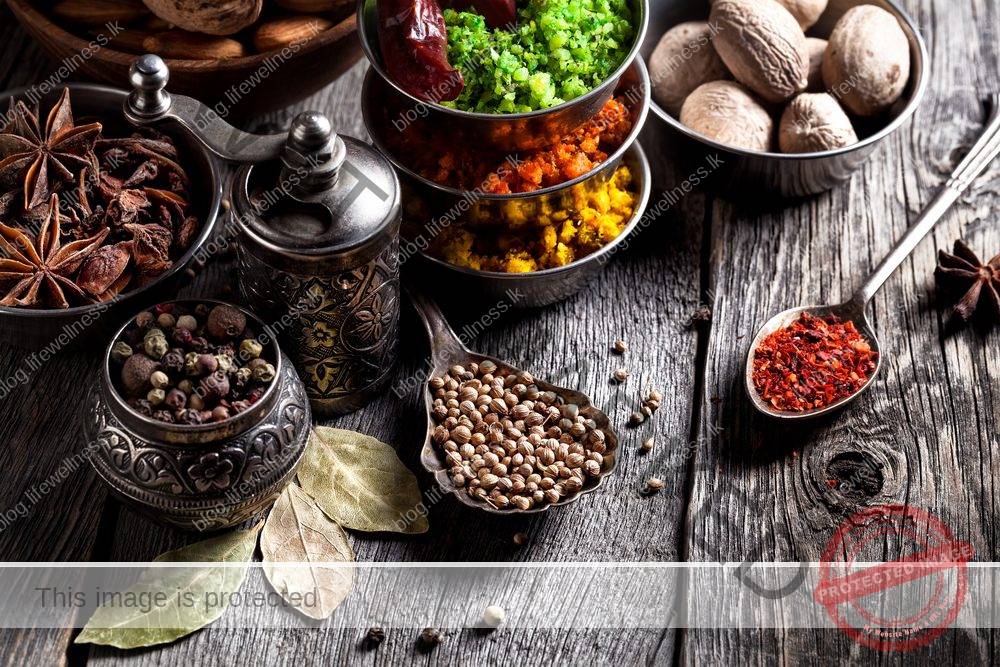Ayurvedic Herbs and Tastes
Sweet, sour, salty, pungent, Bitter, Astringent
- Sweet = earth+water
- Sour = earth+fire
- Salty = water+fire
- Pungent = fire+air
- Bitter = air+space
- Astringent = air+earth
Tastes are important for the body and have a direct effect on doshas. Each food and each herb, according to Ayurveda, has a specific taste for each medicinal herb. When the tastes are used individually and collectively in the correct amount, they bring about the balance of our body systems.
The taste of a herb is not incidental, but it is actually directly related to most of its therapeutic value. That is why, instead of concealing the taste in a capsule, Ayurvedic herbs are generally taken in a form that requires tasting them.
There is no problem with taking a herb that has a sweet pungent or otherwise tempting taste, but most people here don’t like the bitter or astringent taste, and they want to put the herb into a capsule and swallow it without tasting it if they have to take a herb with either of these tastes. Since the stomach does not have taste buds, the effects and benefits derived from the taste are reduced when the herb is taken this way, because they are not perceived. We do not lose the effect of the tastes when we eat food, because we have to chew, we miss the taste of the herb when we use capsules.
One of the reasons why a herb is prescribed by the Ayurvedic doctor is to balance whatever taste is lacking in the body. That taste and its effects are transmitted into rasa dhatu by the herb (plasma). For example, Triphala provides all the tastes except salty, but it tends to yield the predominant taste that is lacking in the body, which is the bitter taste for most westerners. This is why Triphala tastes bitter for many individuals for some time. Later, the bitter taste will have been received into the rasa dhatu after regular use, and Triphala may taste sour or sweet.
The majority of herbs are categorized according to their predominant taste, secondary aftertaste, and potential taste in Ayurvedic medicine. Rasa dhatu acts on the main taste, the aftertaste acts on the nervous system, and there is either a heating or cooling effect on the third taste.
The effects of flavours on Doshas (constitution)
1) Vata-Vata-Constitution individuals should avoid excessive bitter, pungent, and astringent substances because they increase air and tend to cause gas. For individuals of the vata constitution, foods and herbs containing sweet, sour and salty tastes are good.
2) Pitta-pitta individuals that aggravate body fire should avoid sour, salty, and pungent substances. Sweet, bitter, and astringent flavors, however, are beneficial for pitta.
3) Kapha-kapha people should avoid foods that have sweet, sour, and salty tastes, because they increase body water, they are foods with pungent, bitter, and astringent tastes of Bitter enemy.





